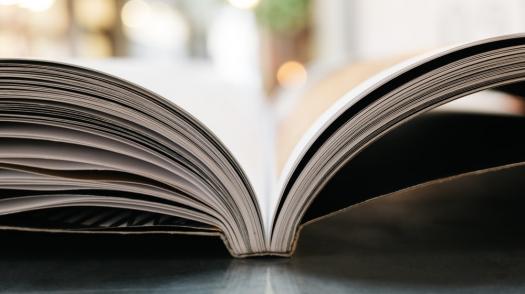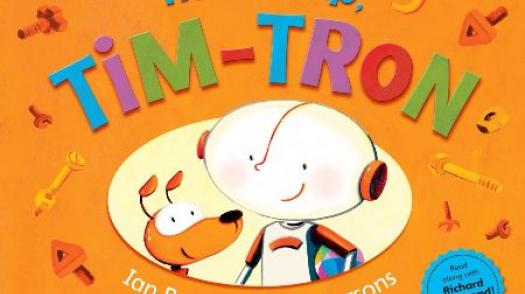
Cognitive and emotional effects of acquired brain injury
Our 'cognitive functions' describe the complex things that go on inside our head.
Christina was 17 when she was involved in a horrific car accident which resulted in a brain injury. Ten years later she shares her story.

Published: August 2015. Young person’s age at time of brain injury: 17 years.
The driver of the car I was travelling in pulled out in front of a coach full of school kids. The driver of the car died. I was sitting behind her and was left in a 13-week coma.
My parents were told to say goodbye. My mum was asked to remove infection control but she said no, thankfully. My family were told I would never walk or talk again; basically that I’d be in a permanent vegetative state.
Looking back, I think my parents would have benefitted from hearing some success stories and some more possibilities.

I’ve done a lot since suffering my brain injury.
I’ve just run 5k, I live alone in a bungalow, frequently horse ride, write poems and have singing lessons.
And I have just got engaged!
I have a neuropsychologist now which meets with me and my fiancé helping us to understand more about my problems.
I do find people always treat me like I'm stupid. They speak to carers over me, treat me like I'm an incapable baby.
I go to podiatry, have sports massages, do personal training and regularly horse ride.
I get so annoyed with people thinking of me as dirt to stamp on, not capable of anything. Like a newborn, I mean yes, I couldn't walk or talk, but I can now. People don't realise just how capable I am.
I have bad experiential memory. I know stuff I've done, facts, figures but can't remember doing it. I get over this and many of my problems by putting a positive on them. Bad memory - this means in my single days, more kisses! And I can "forget" friends birthdays "because of brain injury" but sometimes it will just be, forgetting to write it down.

I want to have a happy married life, maybe do some paid work one day. My aim in life is to make others more aware of disability ABILITY!
If I could give advice to any other young people who have suffered a brain injury I would say: believe in yourself! Never rule things out until you know they're not possible. Believe that things are possible, never lose hope.


Our 'cognitive functions' describe the complex things that go on inside our head.
This section talks about the steps towards adulthood after an acquired brain injury.

Our series of free books and resources aimed at children and families (P&P costs only).